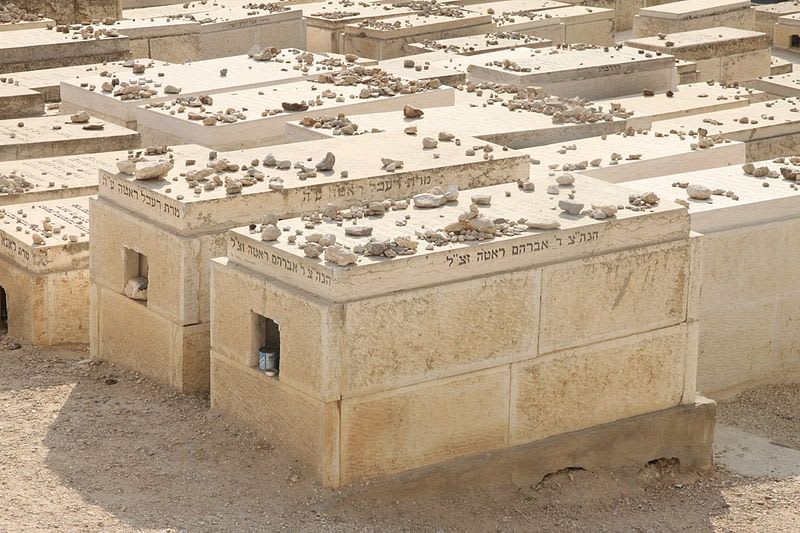(This is a true story that happened a few weeks ago. Written by my father-in-law, Moshe Goldberg)
“I want to console you for your loss,” the rabbi said sympathetically. “We will start your mother’s funeral in a few minutes. What was her name?”
“Susan Telesford,” I said, and I added her Hebrew name, “Zissel bat Mordechai.” And I said to the rabbi, “But I have a different last name, my name is Mark Shmidt.”
“Why do you have a different name than your mother?” he asked me.
I was tempted to answer in the Jewish way, with another question: Do you want the long answer or the short one? Both my mother and father lived through the Holocaust, each one with a very different story, but really all the same, running from the threat of death. When my father was ten years old, he saw the members of his family killed by the Germans, right before his eyes. He spent the rest of the war alone in a forest, using all of his energies to survive. My mother was six years old during Kristallnacht, and she remembered seeing the Nazi-organized rioters destroy her father’s clothing store, throwing him down the flight of stairs that led from the store to their home. The family spent the next few years in the “Flucht,” on the run, trying to escape from the inferno in Europe. They passed through Belgium, France, Spain, Portugal, and Cuba, before they could get into the United States, after the end of the Second World War.
And afterwards, both my mother and my father lived through harsh times. They were divorced a few months before I was born, and my mother remarried several times. My father eventually broke all contact with us. Then, three years ago, my mother said to me, “I am afraid that Sam has passed away, can you find me the details? I miss him, and I am sure that he misses me too.” I was not sure exactly what she meant by the last sentence. But through Social Security records I discovered that my father had indeed died ten years before, and I even found the hospital where he died and the exact date. Now I could say kaddish in his memory. But I could not find where my father had been buried.
My mother passed away after a long illness, suffering for more than a year. It all started with open heart surgery, but she never fully recovered from her operation, her condition slowly becoming worse and worse: memory loss, dialysis. We found her a good hospice where we were able to visit her almost every day.
And now, yesterday, my mother had passed away – suddenly, without any warning, a few minutes after the nurse had spoken to her.
Why is my name different from my mother’s? I gave the short answer: “She remarried, but I kept my original name.”
“And what is your father’s name?”
“His name was Sam Shmidt, but I lost all contact with him.”
And the rabbi looked at me. After a long pause, he said, his voice trembling with emotion, “Mark, I buried your father in this cemetery thirteen years ago. A friend brought him here to be buried.”
There was nothing I could say. Was my search for my father over? Had we really found his grave, today of all days? How could the rabbi remember the name of a man without any family whom he had helped to bury thirteen years ago? Could he be mistaken now? After the ceremony for my mother, the rabbi took me and my family to the grave. The name and the date are right, it really is my father’s grave.
The rabbi explained to us how he remembered the name Sam Shmidt after such a long time. My father wrote down a summary of his life – the name of the small town in Lithuania where he was born, his experiences during the war and afterwards – and gave it to a friend to keep. And when he died, his friend gave the papers to the rabbi. The rabbi had searched for some relative to give the papers to, and now, he had found me.
But it was not really the rabbi who had found me. I cannot escape feeling that in her death, my mother, after all these years, was the one who showed me the way to my father.
Email yikhat1@smile.net.il with reactions and suggestions for stories. Reprinted with permission from Zomet Institute (www.zomet.org.il). Translated from the Hebrew by Moshe Goldberg. To subscribe to receive the complete version of Shabbat BeShabbato please write to dan@zomet.org.
The words of this author reflect his/her own opinions and do not necessarily represent the official position of the Orthodox Union.
